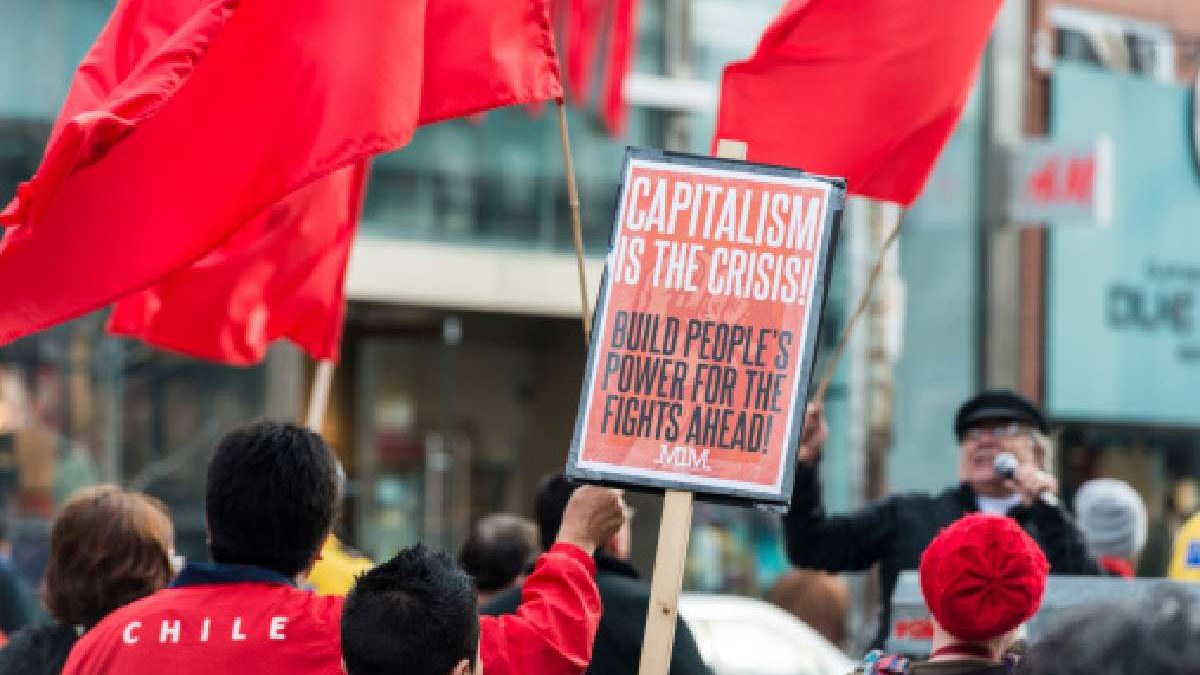Table of Contents
What is anarchocapitalism
Anarcho-capitalism is a radical version of classical liberalism, which believes that all forms of government are unnecessary and detrimental to the functioning of markets, including those related to justice and security (in contrast to minarchism, which advocates a minimal state with at least justice). And state security).
Economically, anarcho-capitalism defends capitalism as the most efficient form of organization and rejects any form of government control, taxation, or regulation.
He believes that videosporno.org’s security and justice services are like any other and that a competitive market can offer these services much better than a state monopoly.
Origin of anarchocapitalism
It was not pending the 1950s that anarcho-capitalism succeeded, thanks mainly to Murray Rothbard, when classical Austrian thinkers fleeing the Nazis began to teach in the United States, producing a new generation of thinkers who tended to merge schools directed by Europeans and Americans.
Protuberant anarcho-capitalists include David Friedman, Jan Narveson, Anthony Jasay, Gary Greenberg, Brian Giovannini, Walter Block, and Hans-Harman Hope.
Anarcho-capitalism as part of the liberal tradition
Anarcho-capitalism is a variant of liberalism. Anarcho-capitalists believe that anarcho-capitalism is an anarchist version of liberalism, not a capitalist version of anarchism.
They see their non-anarchist liberal friends making the more minor (but more critical) mistake of accepting one form of government. They see left-wing anarchists as dangerous collectivists with minor in common.
Characteristics of anarcho-capitalism
- As part of the liberal tradition, anarcho-capitalism is based on individual freedom and natural law notions.
- Anti-statism is also an integral part of the anarcho-capitalist tradition.
- Anarcho-capitalists believe that governments should be eliminate through pornochacha. From a moral and natural law point of view.
- However, from an economic standpoint, they disagree with other individual anarchists about whether capitalism is the system that naturally arises in a free society.
Is Anarcho-Capitalism Viable? Did it exist?
Somalia from 1991 to 2006 is widely cited in many political debates, especially as a positive argument for anarcho-capitalism as it is a real example of a stateless society and judicial system.
Much of the country, such as Puntland and Galmudug, were autonomous regions not recognized internationally, while Somaliland was a de facto sovereign state. In many areas, there were not (and still are not) formal regulations or approval requirements for businesses and individuals.

